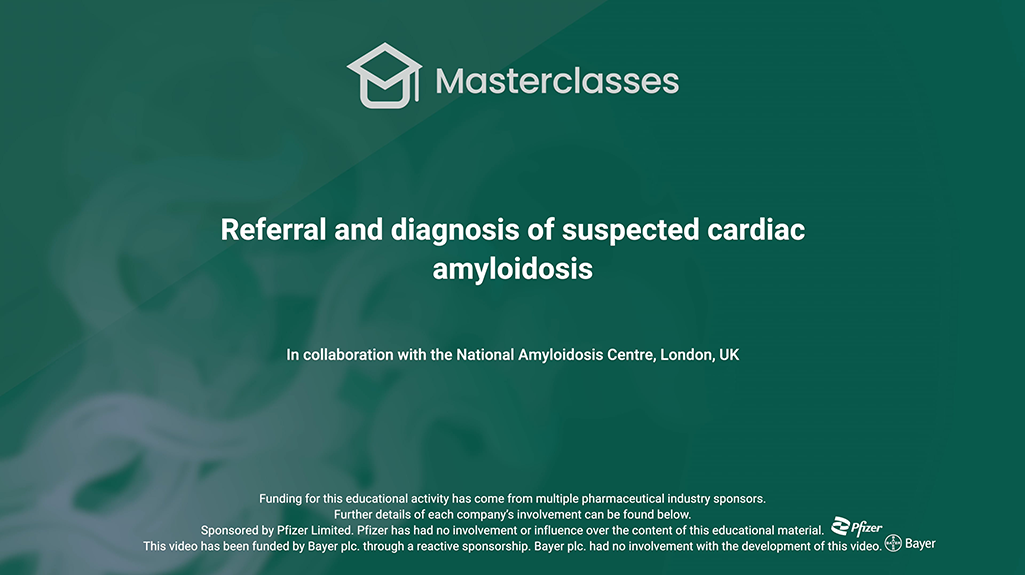Speaker
Dr Richard Buka, Clinical Research Fellow Institute of Cardiovascular Sciences, University of Birmingham
Learning objectives
- To understand what direct oral anticoagulants (DOACs) are used in the UK and why they are prescribed more than warfarin
- To learn what are the most common reasons to necessitate urgent reversal of anticoagulation and how effective current treatment is
- To explore the findings of the Andexanet alfa trials, the most used agent for DOAC reversibility
- To develop an understanding of the protocol challenges of Andexanet alfa and how it can be best used in practise







